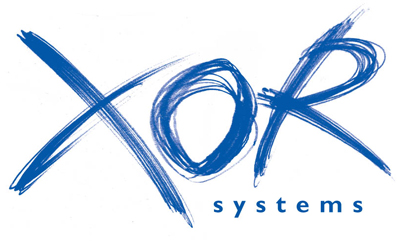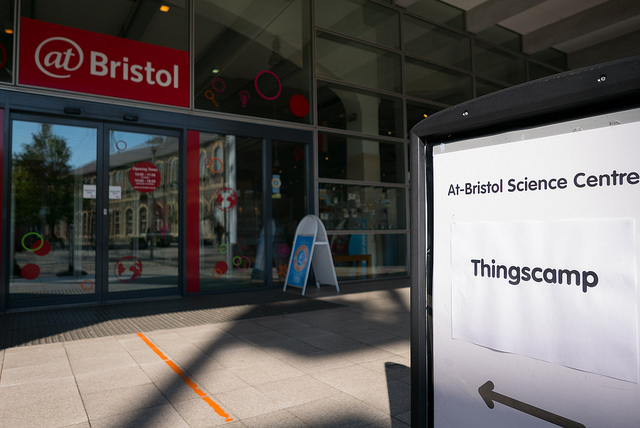Things Camp 3 11-04-2017
Andris and Tom went to check out Things Camp 3 over the weekend. The gathering was hosted at @Bristol, down by the Harbourside and promised an interesting unconference style meetup. For others also new to this concept, an unconference is a participate-driven meeting. Those attending, pitch sessions at the start of day and these sessions get compiled into a timetable.
Sessions can be anything from presentations to demos, or even general discussions. Some of the topics we found engaging included smart cities, low cost sensors and Eddystone beacons. There were also demonstrations using Node-Red, which provides flow based programming for the Internet of Things. The day prompted some interesting thoughts on low cost sensors back in the office.
The maker and DIY movement has led to an abundance of low cost sensors. This has made it easy for developers and hobbyists to create low cost monitoring equipment, which is very neat. Some are even looking at using these low cost monitoring solutions at scale in the real world, but how much value could they provide? Low cost sensors generally lack the accuracy and precision needed for reliable studies. Some people however, argue that low cost sensors are able to pick up trends, so even if the absolute values are not particularly accurate, useful information can be gathered.
An example of where low cost sensors could be used is urban air pollution monitoring. Imagine us all walking around with integrated low cost sensors that measure pollution as we move through the city, dynamically mapping out problematic areas. The other side to this idea is whether big data from low cost sensors could actually skew the underlying problem and scare people. Big spikes in non-accurate data might give people the wrong impression about how bad the pollution is and prompt disproportionate action. Scientific analysis is only as good as the data. Finding a good balance between cost and accuracy is tricky and very problem specific.
‘Smart cities’ was a hot topic at Things Camp, but one that prompted all kinds of philosophical debates. How can you quantify the benefit funding smart technologies will have on the residents, and where do you start? Do people really care whether you’ve made bin collection smart, could that money be spent elsewhere more effectively? It seems that maybe, it's really all about perception and whether the community feels involved.
Overall, what made the day interesting was the mix of people who attended. There was a range people from professionals, to tinkerers, to council employees. This generated a large spectrum of opinions during the discussions. If you haven’t tried an unconference before we recommend you do!



